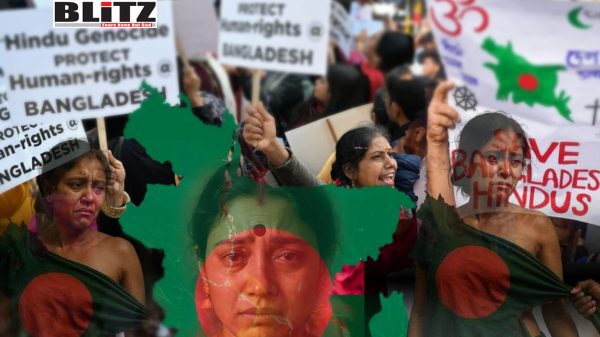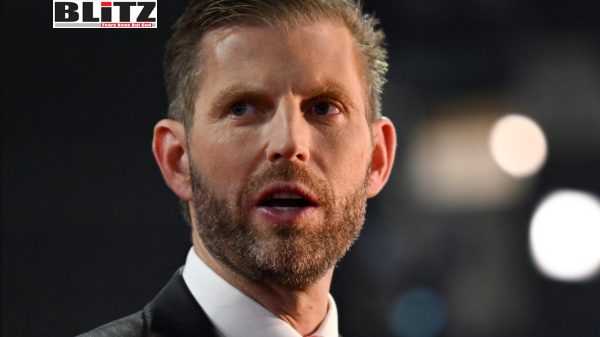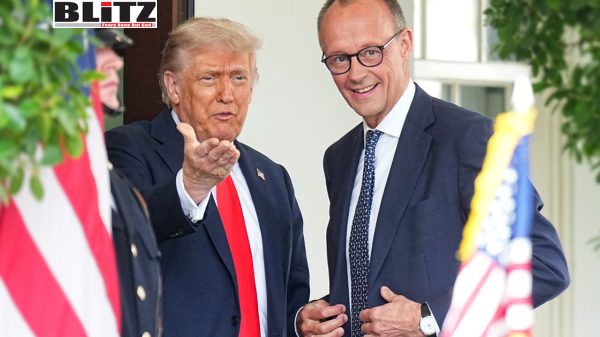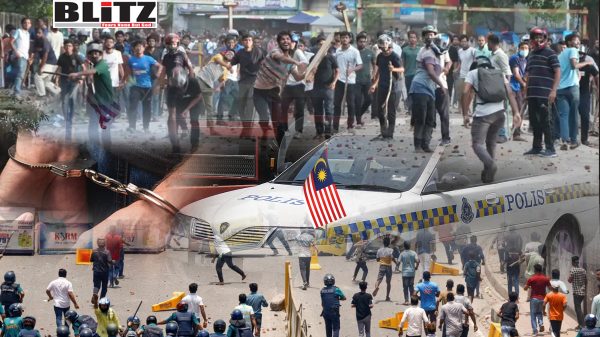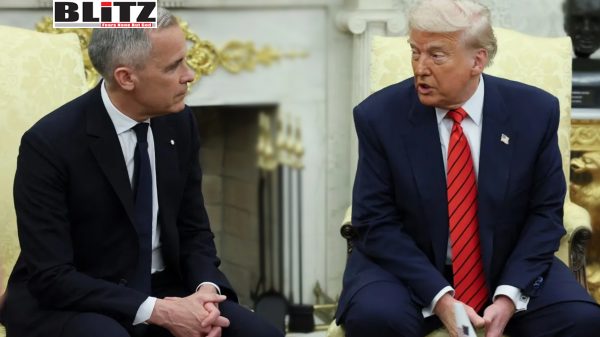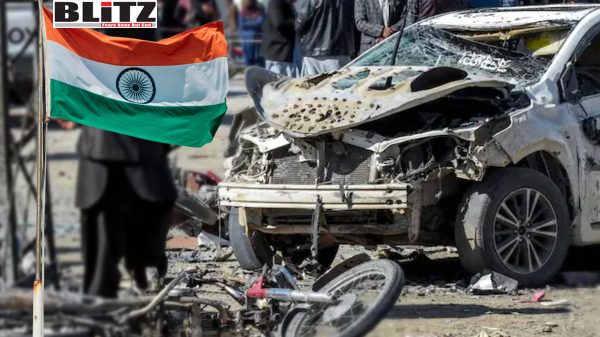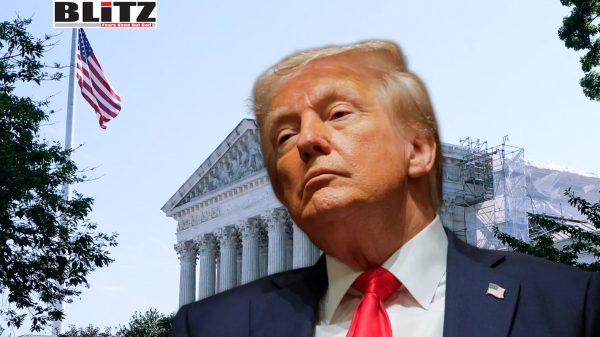India protests US diplomat’s remarks on Arvind Kejriwal’s arrest
- Update Time : Sunday, March 31, 2024
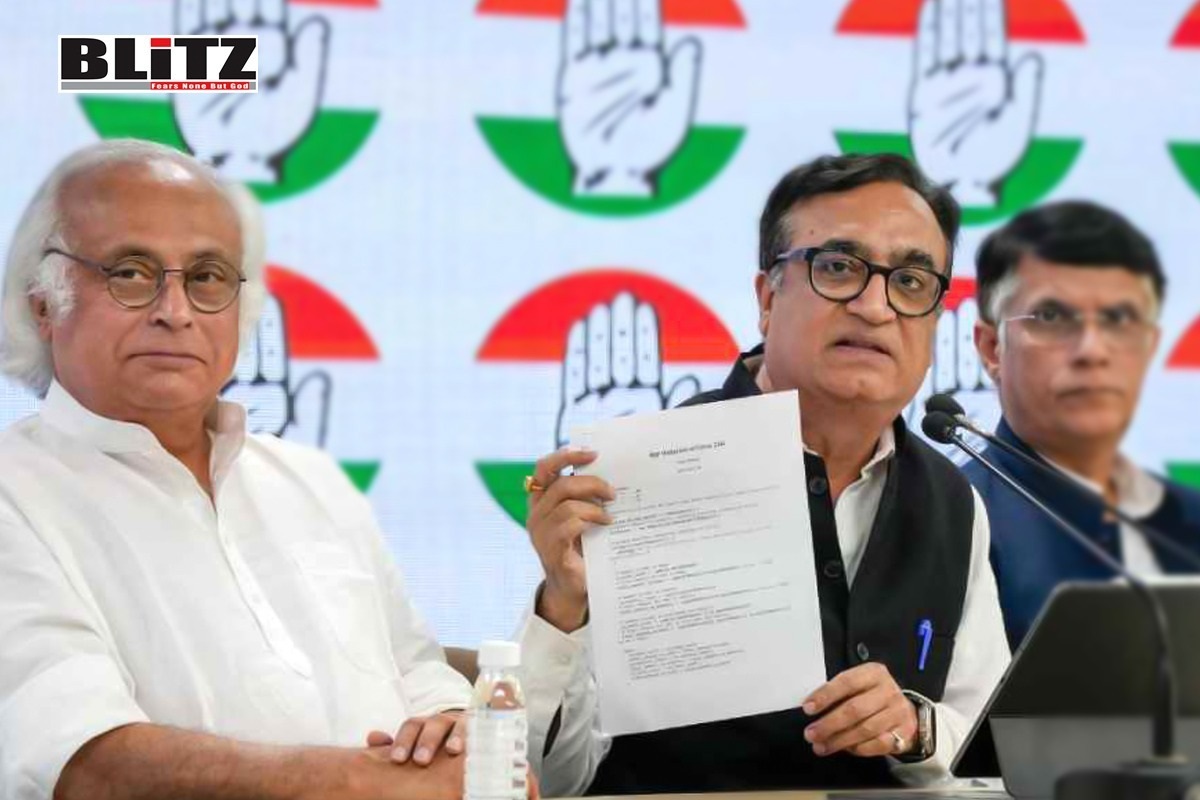
In a diplomatic tussle that underscores the delicate balance between national sovereignty and international scrutiny, India has firmly objected to comments made by the United States regarding the arrest of Arvind Kejriwal, a prominent opposition leader and the Acting Chief Minister of Delhi. The incident has reignited discussions surrounding the autonomy of nations in handling their internal affairs, particularly in the context of democratic principles and legal proceedings.
The tensions escalated after the US State Department issued a statement on Tuesday expressing its close monitoring of Kejriwal’s arrest on corruption charges. The Department called for a fair, transparent, and timely legal process, prompting a swift response from Indian authorities. New Delhi summoned a senior US diplomat on Wednesday to convey its strong objections, emphasizing the fundamental principle of respecting India’s sovereignty and internal affairs.
The meeting between Indian officials and the US Acting Deputy Chief of Mission, Gloria Berbena, lasted approximately 40 minutes, during which India reiterated its stance on the matter. The Indian Foreign Ministry, in a subsequent statement, underscored the importance of diplomatic etiquette, urging states to refrain from interfering in each other’s legal proceedings. The statement emphasized that such interference could set unhealthy precedents, particularly among fellow democracies.
India’s assertion of sovereignty comes in the wake of increasing international scrutiny of Kejriwal’s arrest, which has drawn attention to the country’s legal processes and judicial independence. The Indian Foreign Ministry reiterated that the nation’s legal system is founded on an independent judiciary committed to delivering fair and timely justice, dismissing any insinuations questioning its integrity.
This diplomatic rift follows a similar incident involving Germany, where a German diplomat was summoned by Indian authorities for commenting on Kejriwal’s arrest. Germany’s remarks regarding the independence of the judiciary and democratic principles in India’s legal proceedings were met with accusations of blatant interference by New Delhi. The incident highlights the sensitivity surrounding international commentary on internal affairs, particularly in the context of legal cases involving political figures.
Arvind Kejriwal, the leader of the Aam Aadmi Party (AAP), faces allegations of corruption related to an alleged liquor scam. Kejriwal has vehemently denied any wrongdoing and is challenging his arrest in the Delhi High Court. His detention comes at a critical juncture in Indian politics, with general elections looming on the horizon.
The AAP is a key member of the National Developmental Inclusive Alliance (INDIA), an opposition coalition aimed at challenging the ruling Bharatiya Janata Party (BJP) in the upcoming elections. However, despite the opposition’s efforts, various pollsters have predicted a clear path to victory for the BJP-led National Democratic Alliance (NDA).
An India TV-CNX opinion poll projected that the NDA could secure a significant majority, winning 378 out of 543 seats in the upcoming elections, while the INDIA bloc was forecasted to secure only 98 seats. Despite these predictions, the political landscape remains dynamic, with ongoing debates surrounding issues of governance, accountability, and the rule of law.
The arrest of Arvind Kejriwal has reignited discussions surrounding the role of opposition leaders in Indian politics and the broader implications for democratic principles. As India prepares for the upcoming elections, the incident serves as a reminder of the complex interplay between national sovereignty, international scrutiny, and the pursuit of justice within a democratic framework.
The diplomatic friction surrounding Arvind Kejriwal’s arrest underscores the importance of upholding the principles of sovereignty and non-interference in international relations. As India navigates its internal affairs amidst global attention, the incident serves as a poignant reminder of the challenges and responsibilities that come with democratic governance in an interconnected world.


